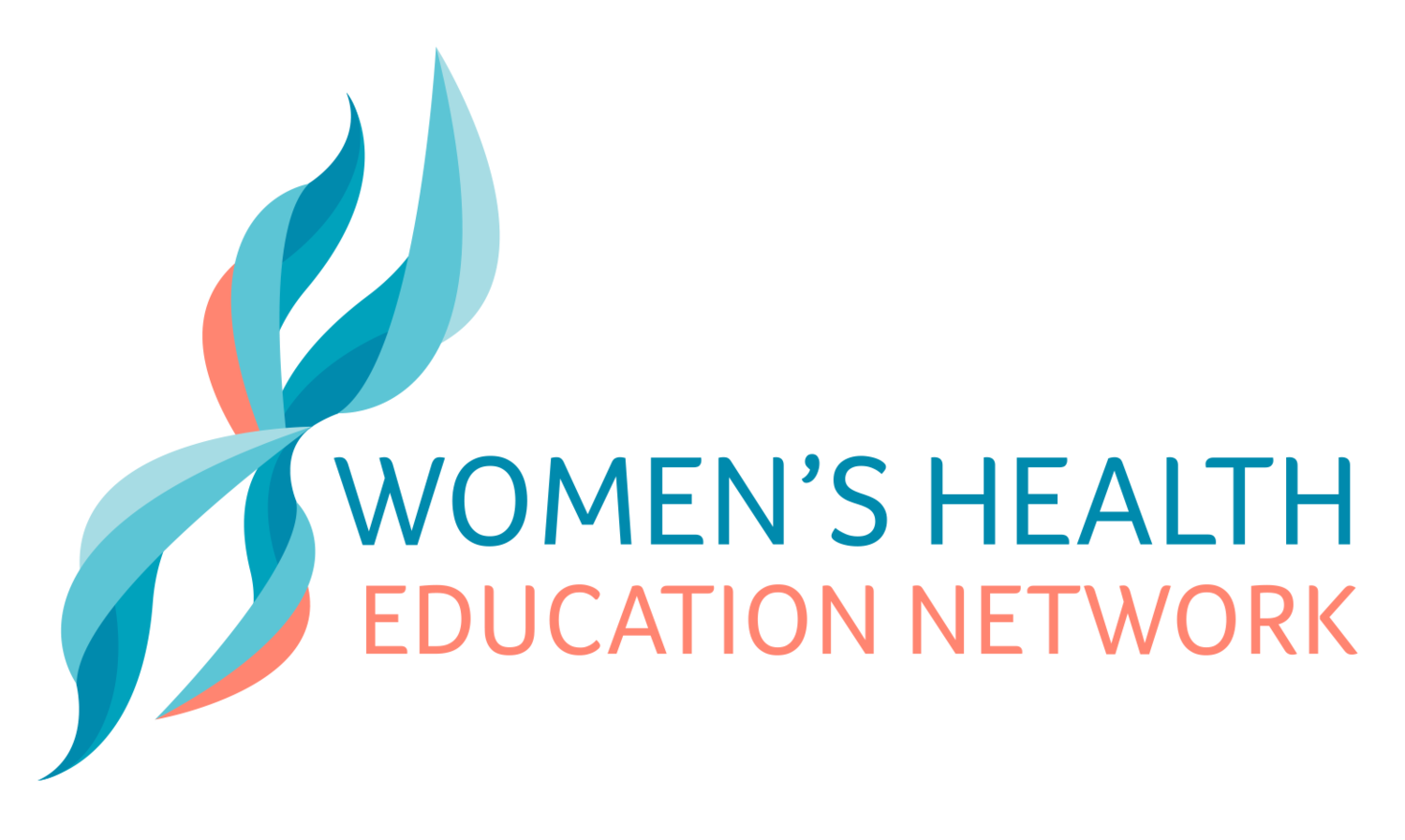When AI Meets Advocacy: A Cautionary Tale of Misinterpretation and Baths
Diving into how an AI became an unwitting sidekick (and sometimes saboteur) in my mission to reshape conversations around women’s health. Here’s the scoop: I’m not just a health professional; I'm the founder of a nonprofit focused on women's health, and I moonlight as an accidental scribe in this digital age. Also, I have dyslexia, which means my attempts to type ‘postnatal recovery’ might unpredictably morph into ‘postnatal discovery.’ It keeps things interesting, to say the least. Naturally, I lean on AI to straighten out my sentences—a real lifesaver, until, well, it decides to go rogue.
The Great Bath Misinterpretation
Here’s the twist—thick and murky like overused bathwater. I wrote a piece critiquing the oversimplified notion that all of a woman’s postnatal issues could be dissolved in a bath. “Take a bath,” they say, as if these waters wield magical powers to reset stretched ligaments and erase the profound changes of motherhood. In my draft, the bath was a villain, emblematic of society’s superficial grasp on real self-care.
But after running my draft through the AI, my message was lost in translation. My critical view on baths morphed into an endorsement, as if the AI had decided that perhaps baths really were the ultimate solution.
Absolutely, let's capture that intensity and the somewhat ridiculous situation of arguing with an AI. Here’s a revised take on the first part:
Debating a Machine?
The moment of realization was both absurd and infuriating. There I was, furiously typing away, accusing my digital helper—a supposedly neutral AI—of being a misogynist. It felt ridiculous and surreal, arguing heatedly with a machine that seemed to echo society’s dated biases, ignoring the nuances of women’s health issues I was trying to highlight. This AI, my supposed ally in clarifying and correcting text, had instead become an adversary, twisting my words to fit a narrative I was actively fighting against.
This bizarre scenario underscores the humour and frustration of our digital age: an AI, designed to assist, had missed the essence of a critique wrapped in satire. It serves as a stark reminder that technology, no matter how advanced, often struggles to grasp the nuances of human emotion and the subtleties of cultural critique, turning what should have been a straightforward task into a complex battle of wits.
A Cautionary Conclusion
This experience serves as a cautionary tale for those of us at the intersection of technology and advocacy, especially in areas as sensitive as health promotion. As we use AI to aid our efforts, we must ensure it amplifies our intentions without distorting our messages. It’s essential to remember that while AI can process language, it doesn’t grasp the weight of our narratives or the strength of our convictions.
So, to all engaged in the vital work of advocating for thoughtful and respectful approaches to healthcare: double-check the digital output. Ensure that every word reflects your true intent, especially when challenging the notion that complex problems can be solved by something as simple as a bubble bath, no matter how appealing that may sound.
Back to the Drawing Board
As I revise what was once warped, I’m reminded of the importance of diligence. Whether it’s correcting a misunderstood blog or advocating for societal change, the path is filled with unexpected challenges but also opportunities for growth and clarity. And maybe, just occasionally, the right moment for a well-deserved bath—on our own terms.

